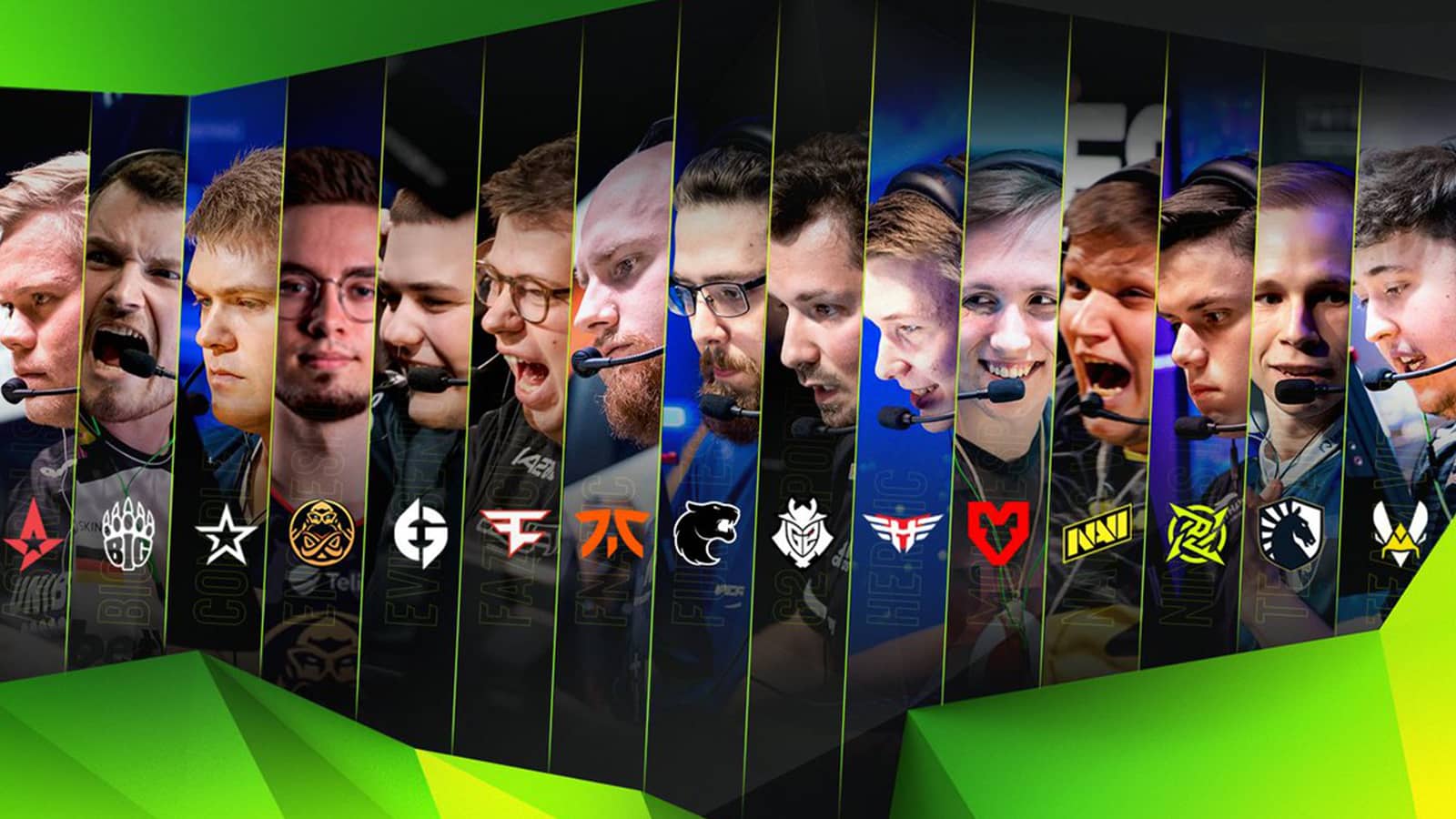79tka Insights
Your go-to source for the latest news and information.
Why CSGO Esports is Like Chess with Grenades
Discover how CSGO esports combines strategy, skill, and explosive tactics, making it a thrilling game of chess with grenades!
The Strategic Depth of CSGO: How Every Round is a Game of Chess
Counter-Strike: Global Offensive (CSGO) is often likened to a high-stakes game of chess, where each player must carefully consider their moves in a strategic framework. In every round, teams must analyze their opponents, predict their tactics, and make decisions that often hinge on split-second choices. Just like in chess, understanding the position of your pieces—whether that's positioning your teammates or controlling key map areas—can be the difference between victory and defeat. Utilizing well-coordinated strategies, players can create opportunities and exploit their opponents' weaknesses, showcasing the strategic depth inherent in every match.
Every round of CSGO presents a fresh opportunity akin to a new chess game, where players must adapt to the evolving situations on the map. The importance of team chemistry cannot be understated; just as chess players must work in concert with their pieces, CSGO teams thrive on synergy and communication. From executing a flawless bomb site take to defending against an enemy rush, the dynamics of each round reveal layers of complexity that require both individual skill and collective strategy. As players adapt their plans and counter moves, the round unfolds much like a well-fought chess match, illustrating just how deeply woven strategy is into the fabric of CSGO.

Counter-Strike is a highly popular first-person shooter game that emphasizes teamwork and strategy. Players can fine-tune their gameplay experience by adjusting various settings, including cs2 interp settings, to enhance their performance in matches.
Mastering the Board: Key Differences Between CSGO Tactics and Chess Moves
Both CSGO tactics and chess moves require strategic thinking and foresight, but the nature of gameplay in each is quite different. In CSGO, players must adapt quickly to the team dynamics and the unpredictability of opponents. Strategies often involve map control, communication, and the execution of complex maneuvers involving grenades and positioning. Each decision can mean the difference between winning and losing a round, as tactics must be fluid and responsive to real-time developments on the battlefield.
In contrast, chess is a turn-based game where each player has the opportunity to think through their moves meticulously. Chess moves involve long-term planning and foresight with each piece holding a defined value and strategic potential. Players must anticipate their opponent's responses and carefully develop their positions while protecting their pieces. The primary goal is to checkmate the opponent's king, requiring both tactical and positional play. Unlike the fast-paced nature of CSGO, chess emphasizes patience and deep analytical thinking, making it a fundamentally different type of mind game.
Why CSGO Requires the Same Mental Agility as Chess: A Deep Dive
Counter-Strike: Global Offensive (CSGO) and chess might seem worlds apart at first glance, but both require an exceptional level of mental agility. In CSGO, players must constantly assess their environment, anticipate opponents' moves, and strategize their actions in real-time. Much like a chess player contemplating their next move on the board, a skilled CSGO player needs to foresee potential strategies while adapting to the ever-changing dynamics of the game. The ability to maintain focus, think critically, and act swiftly under pressure further emphasizes the similarities between these two games.
Moreover, just as chess employs tactics and long-term strategy, CSGO incorporates both immediate reactions and strategic planning to outmaneuver the opposing team. Players must master complex maps, leveraging every corner and elevation while orchestrating team plays that echo the collaborative tactics seen in chess matches. To succeed in both domains, players engage in a constant mental workout, honing their decision-making skills and developing a deep understanding of strategic concepts. This makes CSGO not just a test of reflexes, but a profound test of mental agility akin to the ancient game of chess.